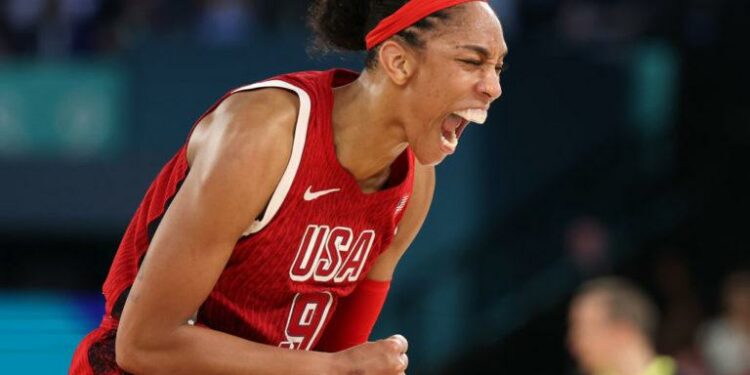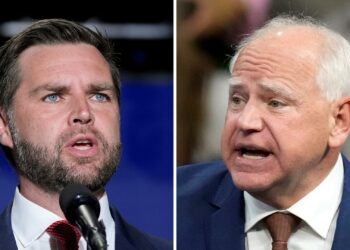At the ongoing 2022 Beijing Paralympics, Team USA star Oksana Masters has sparked controversy by revealing that she was instructed to cover up a Ukrainian heart sticker on her helmet. In an exclusive interview with CNN, Masters shared the details of the incident, shedding light on the political tensions surrounding the sporting event. This development has reignited discussions about the intersection of sports and geopolitics on the world stage.
Table of Contents
- – Oksana Masters speaks out about being forced to cover up Ukrainian heart sticker at the Paralympics
- – The impact of political tensions on athletes freedom of expression
- – Recommendations for ensuring athletes rights and autonomy are respected in international competitions
- Q&A
- To Wrap It Up
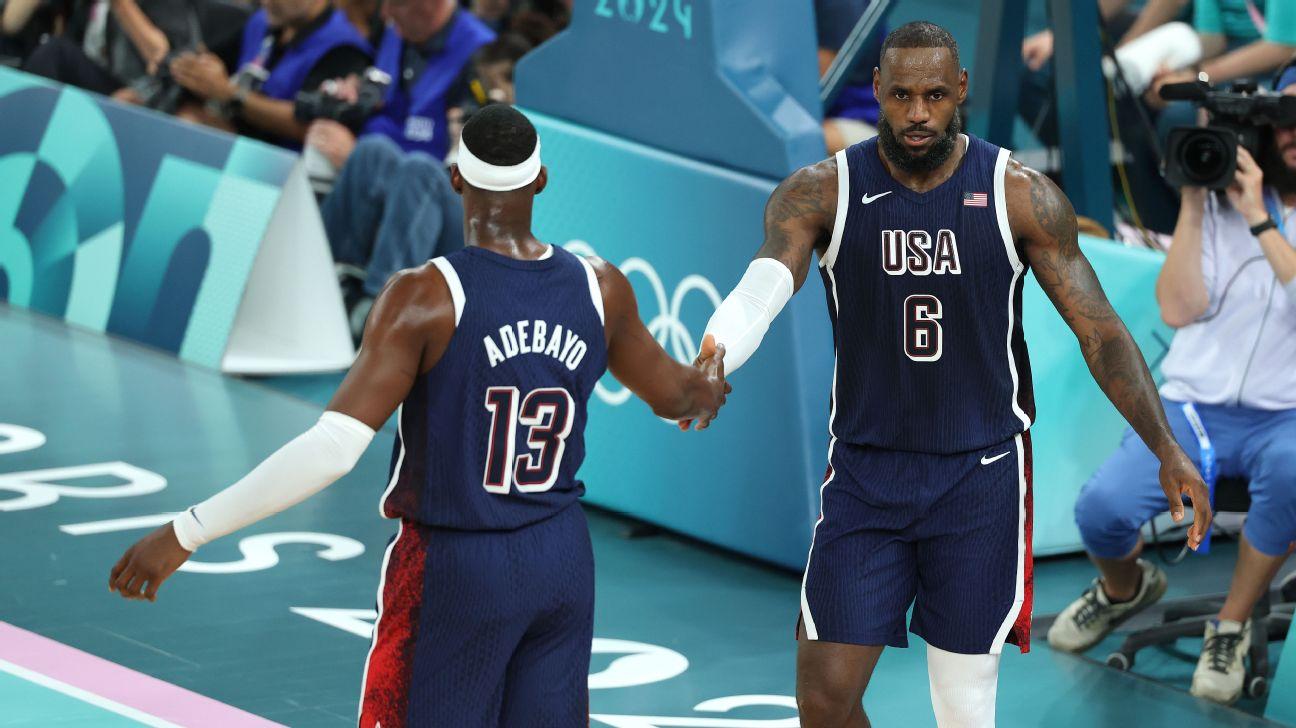
– Oksana Masters speaks out about being forced to cover up Ukrainian heart sticker at the Paralympics
Oksana Masters, a Team USA star at the Paralympics, recently opened up about a distressing incident where she was forced to cover up a Ukrainian heart sticker on her helmet. In an interview with CNN, Masters revealed that she was asked by officials to remove the sticker, which symbolized her support for her home country of Ukraine.
The four-time Paralympic gold medalist expressed her disappointment at being made to hide her pride for Ukraine, stating that it was important for her to represent her heritage and show solidarity with her fellow Ukrainians during a time of turmoil. This incident has sparked a debate about freedom of expression and political neutrality at sporting events, with many in the Paralympic community rallying behind Masters in support of her right to display her national identity.
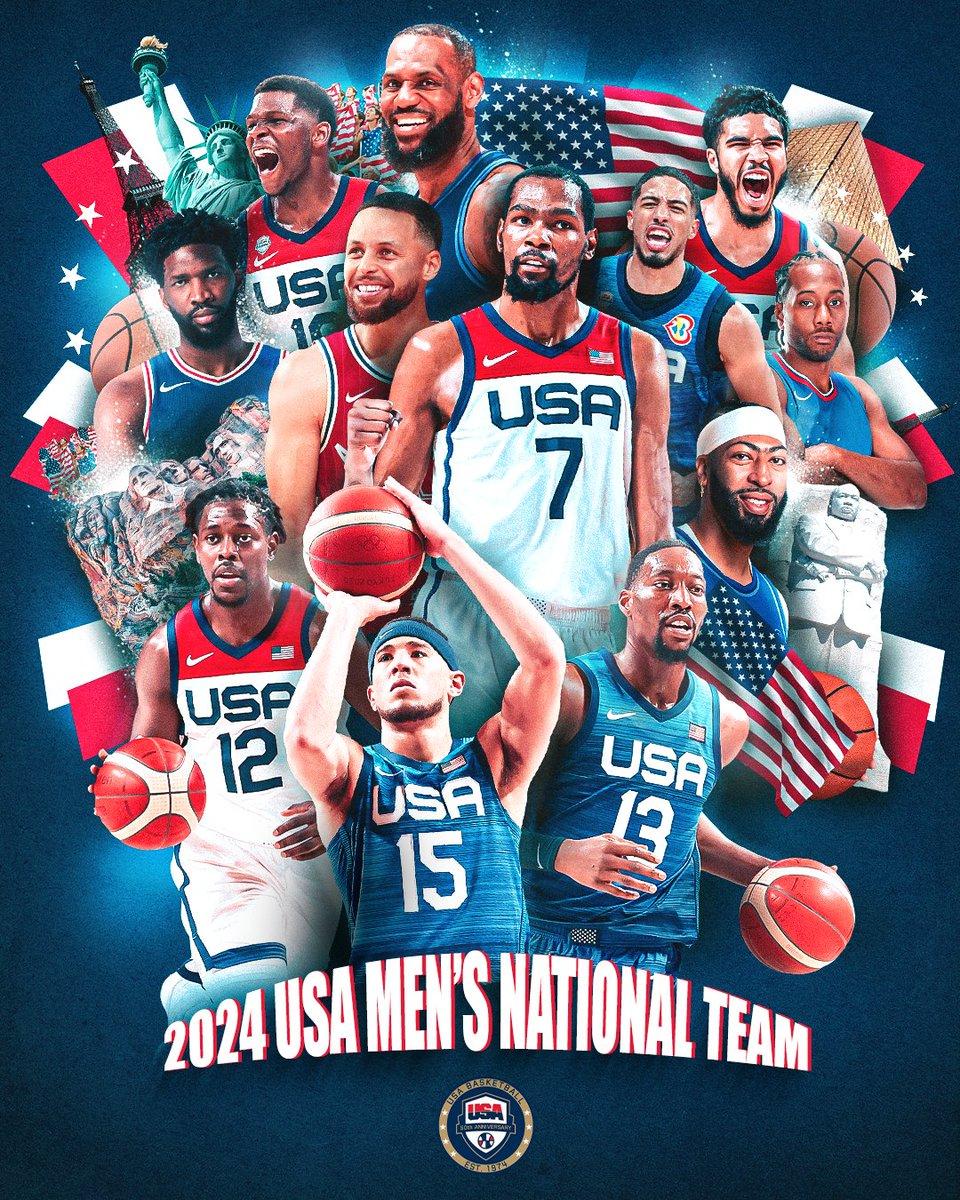
– The impact of political tensions on athletes freedom of expression
Team USA star Oksana Masters recently revealed to CNN that she was forced to cover up a Ukrainian heart sticker on her helmet during the Paralympic Games. The sticker, a symbol of her heritage and support for her home country, was deemed a violation of political neutrality rules by the International Paralympic Committee.
This incident sheds light on the impact of political tensions on athletes’ freedom of expression. Athletes like Masters should be able to express their personal beliefs and identities without fear of censorship or retribution. The rules surrounding political statements in sports can be restrictive and controversial, leading to debates about where the line should be drawn between individual expression and political neutrality.
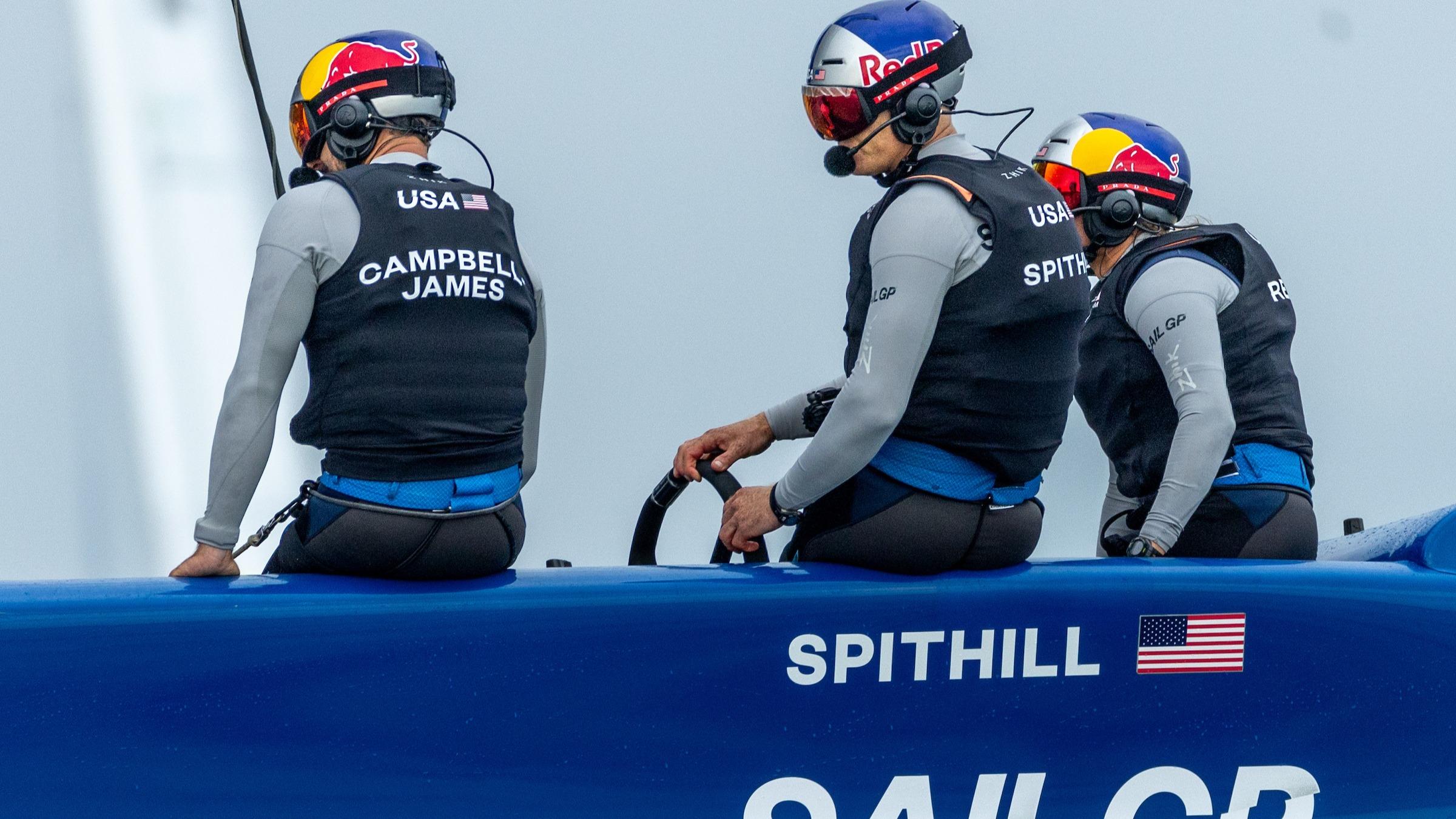
– Recommendations for ensuring athletes rights and autonomy are respected in international competitions
Team USA star Oksana Masters recently disclosed to CNN that she was instructed to hide a Ukrainian heart sticker on her helmet while competing in the Paralympic Games. The sticker was a symbol of her support for her home country amidst the ongoing conflict with Russia. Masters expressed her frustration at being pressured to conceal her patriotism, stating that it was a violation of her rights as an athlete.
In light of this incident, it is imperative that measures are put in place to safeguard athletes’ rights and autonomy in international competitions. To ensure that athletes are treated with respect and dignity, the following recommendations should be implemented:
- Clear Guidelines: Establish clear guidelines regarding athletes’ freedom of expression, including the display of symbols and messages that are important to them.
- Open Dialogue: Foster open dialogue between athletes, officials, and governing bodies to address any concerns or conflicts regarding athletes’ rights and autonomy.
- Independent Oversight: Implement an independent oversight committee to monitor and address instances where athletes’ rights are infringed upon during competitions.
Q&A
Q: What did Team USA star Oksana Masters reveal about her experience at the Paralympics?
A: Oksana Masters told CNN that she was made to cover up a Ukrainian heart sticker on her helmet.
Q: Why did Masters have a Ukrainian heart sticker on her helmet?
A: Masters had the sticker as a symbol of support for her home country of Ukraine.
Q: What reason was given for asking Masters to cover up the sticker?
A: The reason given was that the sticker was considered a political symbol, which goes against the rules of the International Paralympic Committee.
Q: How did Masters respond to being asked to cover up the sticker?
A: Masters complied with the request and covered up the sticker with black electrical tape.
Q: What was Masters’ reaction to the situation?
A: Masters expressed disappointment and frustration, stating that she felt silenced and wanted to show support for her country.
Q: Has there been any further response from the International Paralympic Committee or Team USA regarding the incident?
A: The International Paralympic Committee has acknowledged the situation and stated that they are reviewing their policies, while Team USA has shown support for Masters and her right to express her views.
To Wrap It Up
As the Paralympics continue, the controversy surrounding Oksana Masters’ helmet sticker serves as a reminder of the complexities and politics that often accompany international sporting events. Despite facing obstacles and challenges, Masters remains determined to compete and represent her home country of Ukraine with pride. The actions of the officials in making her cover up the heart sticker on her helmet have sparked discussions about freedom of expression and the boundaries of national identity in the world of sports. As Team USA continues to strive for success at the Paralympics, the story of Oksana Masters serves as a powerful example of resilience and determination in the face of adversity. Stay tuned for more updates on this developing story as the Paralympic Games unfold.

